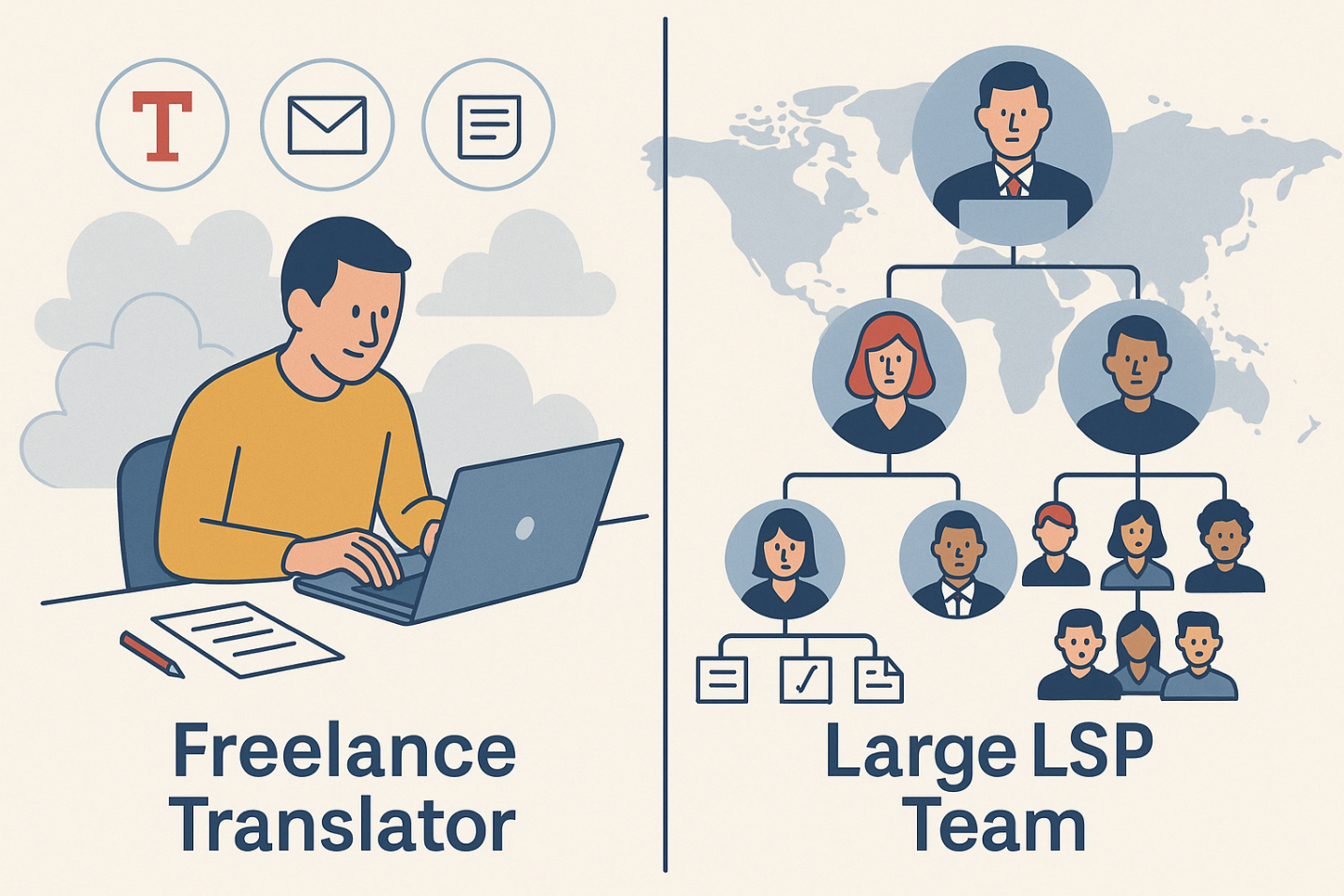
Leo Tolstoy claimed: all happy families are alike, while every unhappy family is unhappy in its own way. With translation agencies, the situation is quite the opposite: “happy” (i.e., prosperous) agencies most often achieve their prosperity through a variety of methods, while “unhappy” (struggling) agencies are very much alike.
Management quality
As we already know, translation agencies, despite their external resemblance, have very different internal process. So in each case, the answer to the question in the title will be different.
Company stagnation can manifest itself in different ways: one company is short of working capital, another is poor at managing its capital, while a third lacks highly-qualified employees. These are all various external manifestations of stagnation, the “symptoms of the disease”. This disease is most often caused by the same “virus”, which is poor-quality management.
In turn, management quality depends on the manager's priorities and what exactly he or she primarily focuses on. Unfortunately, company executives often focus on what they believe to be important, rather than what in fact is needed to help the business grow.
Why is this the case?
The way to leaders
To begin with, let us look at how people become managers in a translation agency. The company manager and its owner are not always the same person.
The classic way: An employee is hired, for example, to do standard translation and editing work. After some time, the bosses, notice that he or she is a standout employee, and promote him or her to a managerial position, which in an agency is most often the position of a translation project manager.
The second way: a successful freelance translator starts to get overloaded with orders: there are so many of them that he or she is no longer able to cope with them independently. Unable to fulfill all of the orders, but not willing to turn them down, the freelancer decides to establish a translation agency.
In both cases, the manager is a former translator. In other small businesses such as cake baking, printed products, and yoga schools — the path to becoming a manager is usually the same.
There is another way, which is hiring a manager externally, but this is more typical for large companies. Translation agencies are usually small companies, and they do not tend to hire translation managers externally.
What does management involve
Quite often, a newly appointed manager who was previously a translator does not immediately realize how big the difference is between translation work and management. He or she most often continues to work within the same walls and in contact with the same people, and this further complicates the change of role.
Such managers only have a vague idea of what management involves. They are forced to wing it, with no experience to back them up.
There are ways to mitigate the impact of such radical change. You can, for example, read books on team management, take management courses, etc. But these only consider the technical side of the job.
New managers need to learn new skills that were previously not required. In addition to gaining new knowledge, the art of management requires certain personal qualities such as self-control, persuasiveness, composure under stress, etc. If, however, a novice manager does not have the necessary knowledge and skills, it is unlikely that the company will flourish as a result of his or her management methods.
The managerial profession requires ongoing training. There are lots of opportunities for this: training courses, books, consultations with colleagues, hiring consultants to conduct performance analyses, and industry conferences. But there is a simpler, albeit more painful way: Take the hard knocks and occasionally shoot yourself in the foot. These methods are not interchangeable, and a good manager will one way or another have to use them both.
But nothing will help a manager who does not study or learn from mistakes, i.e., if deep down he or she still feels like a translator and is psychologically not ready to manage people.
Conclusion
It is impossible to fly an airplane without first learning how to do it. In the same way, it is impossible to create a successful translation agency without first learning to manage it professionally. For your agency to grow, you need to grow yourself, even when you suffer from a chronic lack of time.
And we will talk about lack of time in the next article.


.png)


